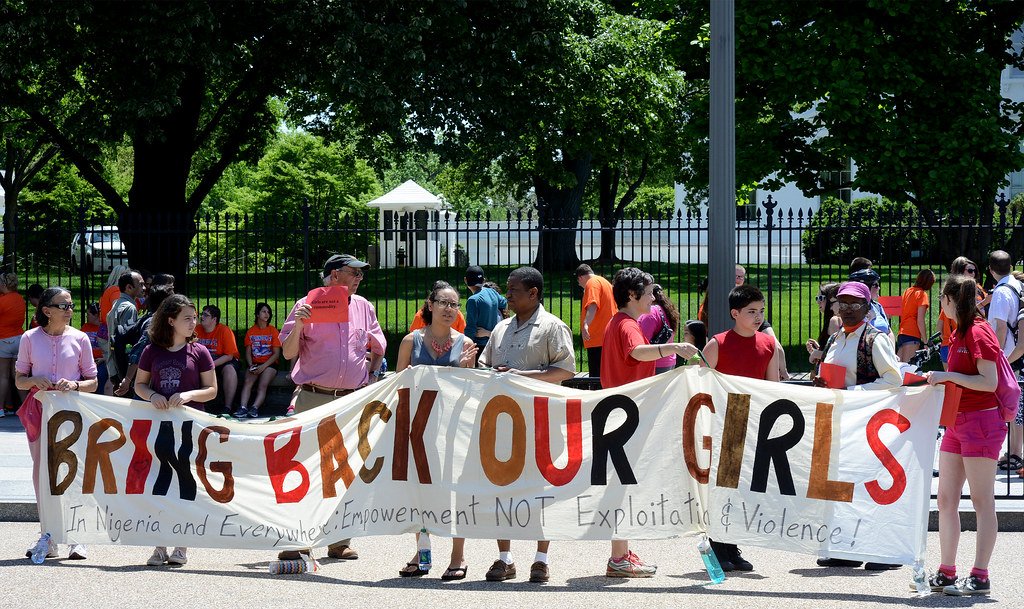In a world plagued by growing uncertainties, nothing quite alarms a nation like the kidnapping of its most precious resource: its youth. The abduction of people, particularly students, is a grievous act that sends ripples of fear and trauma throughout the community. The latest incident of such a heinous crime occurred on a quiet Friday in northwest Zamfara state, Nigeria. That morning, unsuspecting students and staff members of the Federal University of Gusau would face a reality that was both unexpected and harrowing.
Setting the Scene
The early hours of Friday at the Federal University of Gusau began as any other. Students immersed in their studies, night owls preparing for exams, and the overall hustle and bustle of a university settling into a new day. However, the stillness of the morning would soon be shattered.
The Incident
Mugira Yusuf, the spokesperson for the Zamfara state governor, relayed the chilling details: 35 individuals — 24 students, 10 staff members, and a single security guard — were forcibly taken by armed men from the university premises. This was not a random act. It was systematic, well-coordinated, and executed with chilling precision. The question that lingered was why. Why this university? Why these students? And more importantly, why is Nigeria, a nation of immense cultural and economic potential, repeatedly thrust into such dire situations?
Contextualizing Kidnappings in Nigeria
To understand the Zamfara incident, one must first understand the complex fabric of Nigeria’s sociopolitical landscape. Nigeria, Africa’s most populous country, has grappled with numerous security challenges over the decades. From the Boko Haram insurgency in the northeast to militants in the Niger Delta, from herder-farmer clashes in the central regions to organized crime in urban areas, Nigeria is no stranger to internal strife.
In recent years, kidnapping for ransom has become a lucrative ‘industry’ of sorts. While the motivations can be multifaceted — ranging from political grievances, religious extremism, to pure economic gains — the modus operandi remains terrifyingly consistent. Vulnerable populations, especially schools and universities, have become soft targets for these malefactors.
The Impact on Zamfara
Zamfara, a predominantly rural state in Nigeria’s northwest, has seen its share of troubles. Rich in minerals but plagued by illegal mining and banditry, the state finds itself at the intersection of economic desperation and opportunistic crime. The incident at the Federal University of Gusau is a stark reminder of the vulnerabilities inherent in regions grappling with these dual challenges.
As news of the abduction spread, the immediate impact on the community was palpable. Parents, already anxious about the security of their wards in educational institutions, were thrown into a frenzy. Panic calls, urgent meetings, and spontaneous protests — the atmosphere was thick with fear and anger.
The University’s Response
The Federal University of Gusau, like many educational institutions in the region, had bolstered its security measures in recent times, given the escalating insecurity. However, the audacity of this incident showcased the limitations of even the most rigorous of security protocols.
University officials promptly collaborated with local authorities in a bid to expedite the rescue of the kidnapped individuals. Counseling and trauma services were made available to students and staff, ensuring that those affected, even indirectly, were provided with the necessary support.
National Reaction and Implications
At the national level, the incident reignited debates about Nigeria’s security architecture. While the federal government has often emphasized its commitment to safety and security, incidents like these serve as a grim reminder of the persistent gaps in the system. The outcry for a more proactive approach, involving both policy changes and on-the-ground action, became the rallying cry.
Looking Ahead
For the kidnapped students and staff of the Federal University of Gusau, their ordeal underscores a broader narrative about the precariousness of life in certain parts of Nigeria. Their stories, and the stories of countless others affected by similar incidents, serve as a call to action.
As Nigeria continues its journey towards socioeconomic and political stability, it remains to be seen how the country will address these deep-seated issues. Nevertheless, the resilience of its people, the unyielding spirit of communities like those in Zamfara, and the collective will to bring about change, offers hope.
For now, the Federal University of Gusau, and indeed all of Nigeria, watches, waits, and hopes for the safe return of its kidnapped sons and daughters. In this tragic event, lies a lesson and perhaps, an impetus for a brighter, safer future.
Read More:
